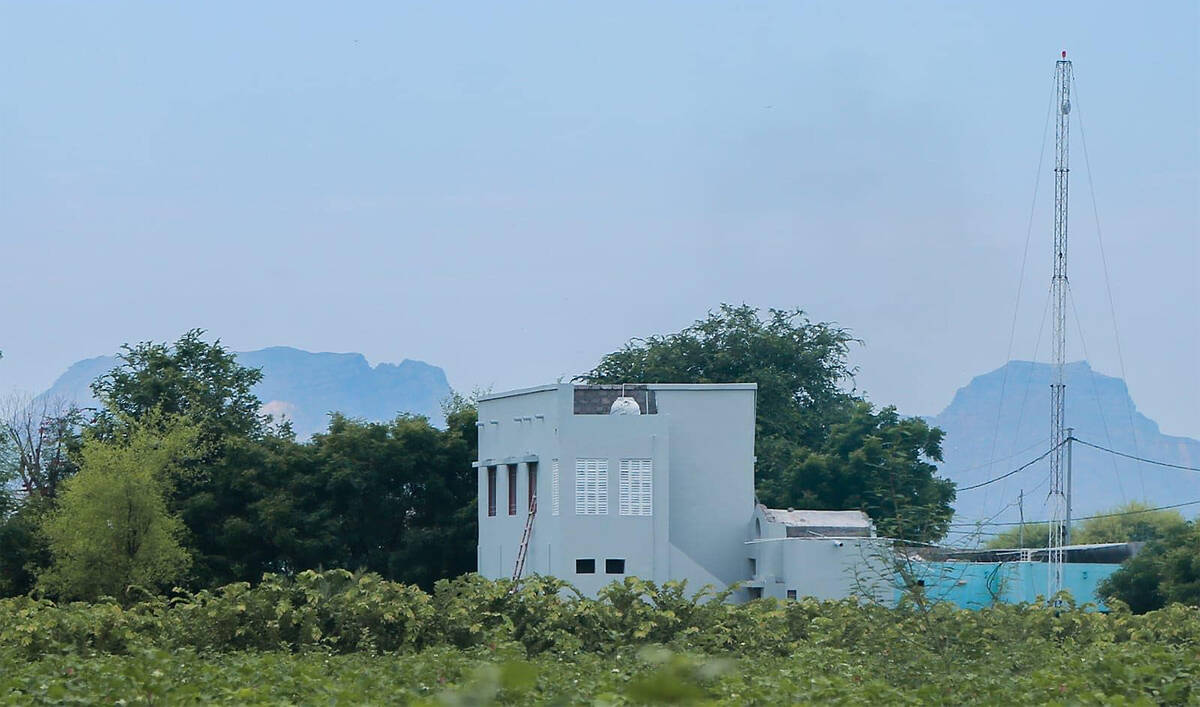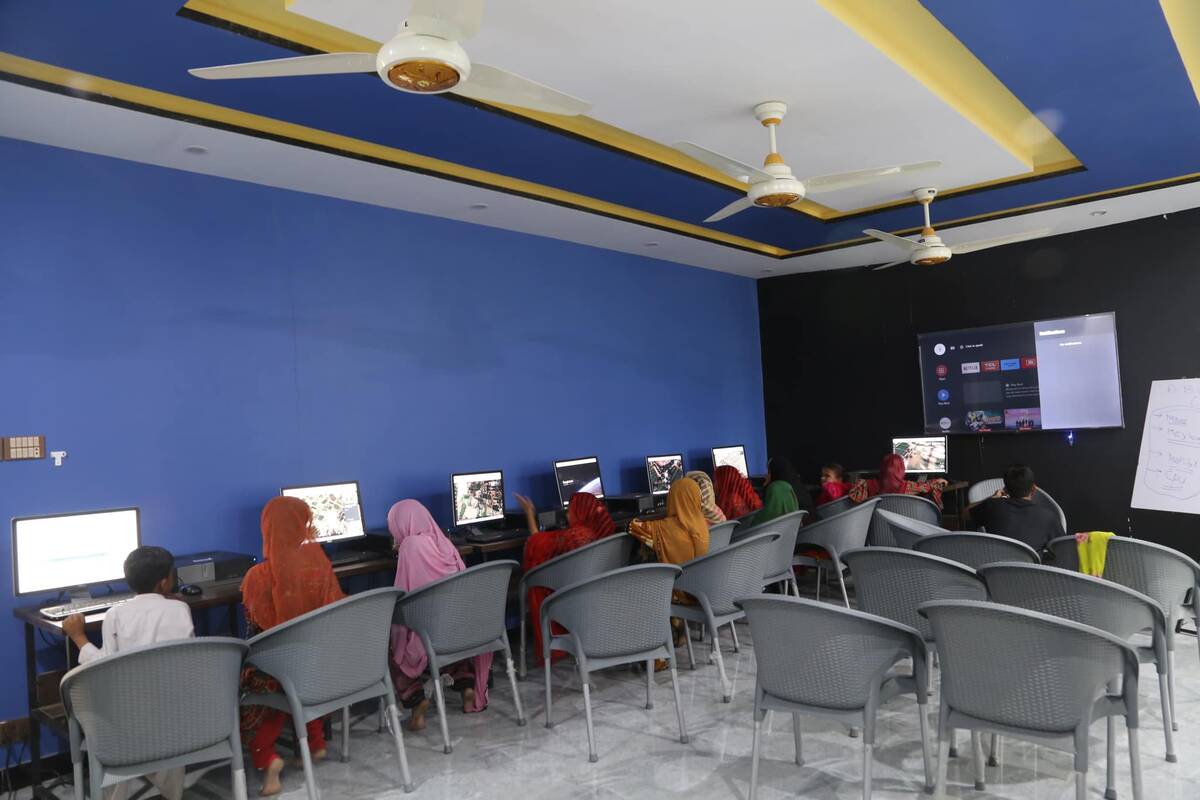ISLAMABAD: Anwaar-ul-Haq Kakar took oath on Monday as the 8th caretaker prime minister of Pakistan to head an interim national government that would oversee the parliamentary elections due in November, but widely expected to be delayed.
President Dr. Arif Alvi approved Kakar’s appointment on Saturday after outgoing PM Shehbaz Sharif and leader of the opposition in the National Assembly, Raja Riaz, unanimously announced him as a candidate for the post.
Kakar, widely believed to be close to Pakistan’s powerful army, is comparatively new to politics and has been representing his Balochistan province in the Senate since 2018.
He was a member of the Balochistan Awami Party (BAP) which he helped found in 2018 but relinquished his membership as well as his Senate seat after he was announced as the caretaker PM.
“I, Anwaar-ul-Haq Kakar, take oath... that I will support and stay loyal to Pakistan, that being the prime minister of Pakistan, I will discharge my duties with honesty and to the best of my capabilities in accordance with the constitution and law of the Islamic Republic of Pakistan,” Kakar said as he took oath of his office.
“I will not allow my personal interest to influence my official conduct or my official decisions, that I will uphold the constitution of the Islamic Republic of Pakistan and will protect and defend it...May Allah help and guide me, ameen.”

Pakistan's caretaker prime minister Anwaar-ul-Haq Kakar (center) reviews a guard of honor presented to him as he arrives at the Prime Minister's House in Islamabad, Pakistan, on August 14, 2023. (Photo courtesy: Government of Pakistan)
Later, Kakar arrived at the Prime Minister’s House in Islamabad where he was welcomed by the outgoing premier and introduced with the staff, followed by his meeting with Sharif
“In the meeting, outgoing Prime Minister Muhammad Shehbaz Sharif congratulated Caretaker Prime Minister Anwaar-ul-Haq Kakar and expressed his best wishes,” the PM’s office said in a statement.
Sharif was then given a farewell guard-of-honor, following which he departed from the PM House. This was followed by a guard-of honor presented to Kakar by the contingents of the three military services.
It is a normal practice in Pakistan to appoint a caretaker administration for the election period.
General elections in Pakistan are due to be held in November this year, 90 days after the National Assembly’s dissolution. However, the outgoing Sharif government’s decision to approve the results of the 2023 digital census means the election regulator would be required to redraw hundreds of constituencies as per those results.
The Election Commission of Pakistan (ECP) will be able to provide an election date only once the constituencies are redrawn and the vote is thus widely expected to be delayed to as far ahead as February.
Earlier in the day, a notification issued by the Senate Secretariat notified Kakar’s resignation ahead of the oath, saying he was giving up his senate seat “as his principled stance of neutrality on becoming the caretaker prime minister.”
The swearing-in took place as Pakistanis celebrated the country’s 77th Independence Day, which marks the country’s creation when the British left India and split the subcontinent in 1947.
But the day came amid a deepening political turmoil, which began after the removal of former premier Khan from power last year in a parliamentary vote of no-confidence. Khan was sentenced to three years in prison in a graft case earlier this month and is currently being held at the high-security Attock prison in eastern Punjab province. His conviction means he will be unable to take part in general elections as a criminal conviction bars Pakistanis from leading a party, running in elections or holding public office. Khan has appealed the conviction.
Security was high across the nation on Monday, following multiple attacks over the weekend, including an assault in which Chinese working on a construction project escaped unharmed but two militants were killed when troops quickly returned fire in the coastal town of Gwadar in Balochistan province.


















